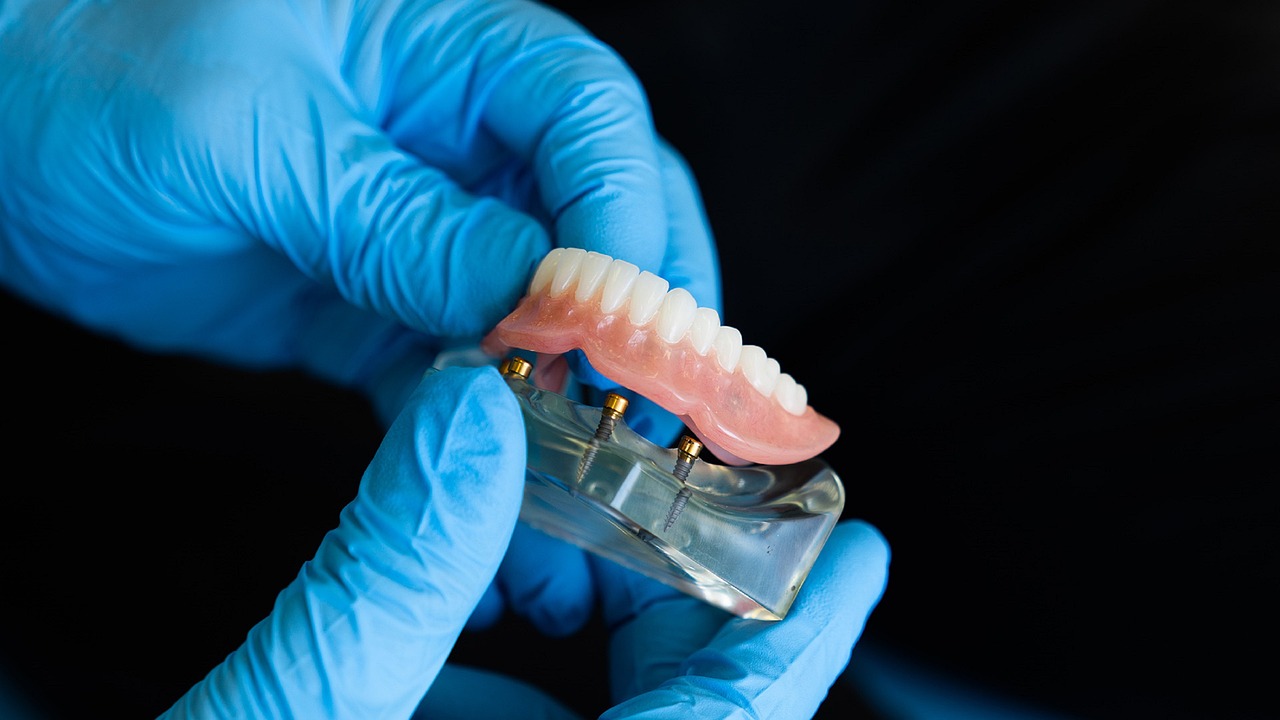Everyone should brush their teeth to keep smiles bright and breath smelling great, but oral hygiene actually affects much more than just your mouth. Specifically, the health of your gums can directly impact other parts of your body, increasing your risk of serious conditions. Even if you are diligent about brushing, flossing, and avoiding unhealthy options, you should still be aware of the dangers of ignoring your gum health – and how gum disease affects your heart.
Unveiling the Connection Between Gum Disease and Heart Disease
Periodontal disease, or gum disease, is a notable risk factor for heart disease. When the gums are infected and inflamed, unhealthy bacteria can enter the gum tissues and gain access to the rest of the body. Once these bacteria circulate through the body, they contribute to plaque buildup in other locations, such as arteries. This plaque buildup is a primary factor in atherosclerosis, which is a separate condition affecting the size and function of arteries and a leading cause of heart attacks and strokes. This initial infection and inflammation are possible simply by neglecting your oral health. Moreover, the body’s response to this infection exacerbates the situation. The very act of the body fighting back against bacteria can cause inflammation in the gums and potentially throughout the body.
Making matters worse, seniors are at higher risk for these issues than the rest of the population. Medications commonly prescribed to seniors can reduce saliva flow, leading to dry mouth and exacerbating gum disease. Additionally, manual dexterity issues and the natural weakening of the immune system with age complicate effective oral care. Maintaining a healthy mouth as you age despite your best efforts is harder. Still, proper oral hygiene is your best defense against bacteria associated with gum disease from becoming a systemic threat. Brushing, flossing, using mouthwash, and visiting a dentist regularly are simple but effective tools in your arsenal.
Promoting Oral Health Among Seniors
A proactive approach to oral hygiene can help minimize the risk of gum disease and its impact on heart health.
Routine Oral Hygiene: Seniors should brush twice daily with dentist-recommended toothpaste and floss once a day. These practices remove plaque and bacteria, reducing the risk of periodontitis.
Regular Dental Visits: Seniors should visit the dentist at least every six months for check-ups and cleanings. These appointments catch early signs of gum disease and address them before they escalate.
Healthy Lifestyle Choices: Dietary and lifestyle changes significantly influence oral and cardiovascular health. A balanced diet rich in fruits, grains, healthy protein, and vegetables and low in sugars supports gum health. Additionally, quitting smoking and engaging in moderate exercise enhance overall well-being and reduce disease risk.
Doing these three things is the simplest way to maintain healthy gums, but we understand that not all seniors can care for themselves in the way they need to stay safe from these dangers. Our staff is trained to assist with daily oral hygiene, helping residents brush and floss effectively, even when mobility or cognitive issues make it difficult. Regular dental visits are arranged and facilitated, with transportation and follow-up care coordinated to ease the process for our residents. Additionally, our dietary plans are designed with health in mind, offering nutritious meals that support gum health and overall well-being. At our facility, no one has to sacrifice their gum health because of unrelated conditions or issues limiting their ability to groom or clean.
If you are looking for the perfect assisted living facility for you or your family member, contact A Banyan Residence today to schedule a tour and discover how we can help.








